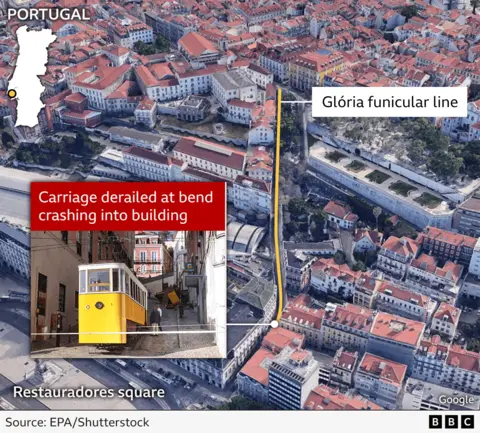A record one million hectares - equivalent to about half the land area of Wales - have burned across the European Union so far this year, marking the worst wildfire season since records began in 2006. Spain and Portugal have been hit especially hard, approximately 1% of the entire Iberian Peninsula is scorched, according to EU scientists.
The worsening fire season in the Mediterranean has been directly linked to climate change in a study by the World Weather Attribution group at Imperial College London. Experts warn that more frequent and severe fires across Europe are likely to continue in the future.
In Spain alone, more than 400,000 hectares have burned since the beginning of the year, which is more than six times the average for this period from 2006 to 2024. Meanwhile, Portugal has seen a record burn area of 270,000 hectares, nearly five times the regular amount.
The combined area affected across the Iberian Peninsula in 2025 amounts to 684,000 hectares. Fires have primarily concentrated in northern Portugal and northwestern Spain, impacting protected areas such as Picos de Europa National Park and causing air quality issues as smoke drifts to neighboring countries.
Climate change has made fire-prone conditions more likely, creating a vicious cycle where fires release CO2 back into the atmosphere. Spain's CO2 emissions from fires have hit an all-time high of 17.68 million tonnes this year, raising concerns about the long-term ecological and air quality implications.
In regions like Spain and Portugal, a significant demographic shift has led to rural depopulation. Young people are moving to urban areas in search of economic opportunities, leaving agricultural lands abandoned and vulnerable to fires.
The current trend demands immediate attention to fire management strategies and proactive measures to mitigate the effects of climate change and protect vital ecosystems.

















